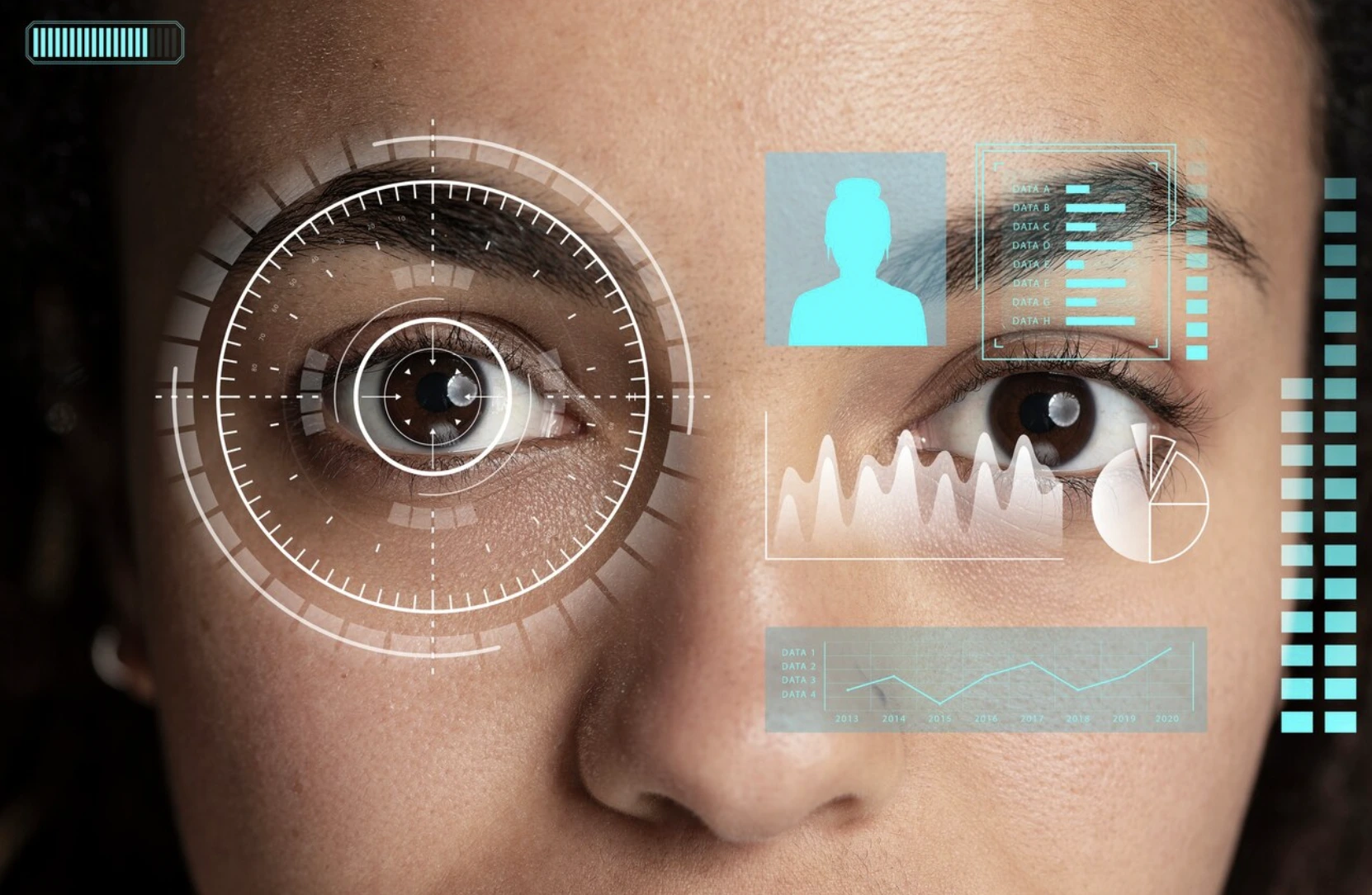
Image from Freepik
New Smart Glasses Project Reveals How Easily Personal Data Can Be Exposed
In a Rush? Here are the Quick Facts!
- Harvard students customized smart glasses with facial recognition technology called I-XRAY.
- The glasses identify people and retrieve personal information from the web.
- The creators haven’t released the code but demonstrated its capabilities publicly.
A pair of Harvard students have customized smart glasses to incorporate facial recognition technology, as first reported by 404 Media. The glasses not only identify individuals by scanning their faces, but also pull personal information from the web, including home addresses, phone numbers, and details about their family members.
AnhPhu Nguyen and co-creator Caine Ardayfio have named their project I-XRAY. By using a pair of Meta’s commercially available Ray-Ban smart glasses, the technology allows users to “go from face to name instantly,” as Nguyen told 404 Media.
Nguyen and Ardayfio clarify in a project document that, “The purpose of building this tool is not for misuse, and we are not releasing it.”
They add, “Our goal is to demonstrate the current capabilities of smart glasses, face search engines, LLMs, and public databases, raising awareness that extracting someone’s home address and other personal details from just their face on the street is possible today.”
While the students have not released their code to the public, they demonstrated the smart glasses’ capabilities in real-world scenarios, as shown in a demo video posted on X.
Are we ready for a world where our data is exposed at a glance? @CaineArdayfio and I offer an answer to protect yourself here:https://t.co/LhxModhDpk pic.twitter.com/Oo35TxBNtD
— AnhPhu Nguyen (@AnhPhuNguyen1) September 30, 2024
Although this technology isn’t new—404 Media notes that Meta and Google have had the ability to apply facial recognition to camera feeds for years without making it public—its integration into commercially available smart glasses raises concerns.
The project document provides guidance on how to remove personal information from various online sources, specifically focusing on reverse face search engines and people search engines. It explains that it is possible to erase personal data from Pimeyes and Facecheck.id.
It highlights that many people may not be aware that just a name can lead to discovering their home address, phone number, and relatives’ names. The text includes opt-out links for major people search engines like Instant Checkmate as well as a comprehensive list compiled by the New York Times.
Additionally, it addresses the issue of identity theft related to Social Security numbers (SSNs), emphasizing that the main risks are financial. To protect oneself, it suggests enabling two-factor authentication (2FA) for important accounts and freezing credit.


 Previous Story
Previous Story

 Latest articles
Latest articles 

Leave a Comment
Cancel